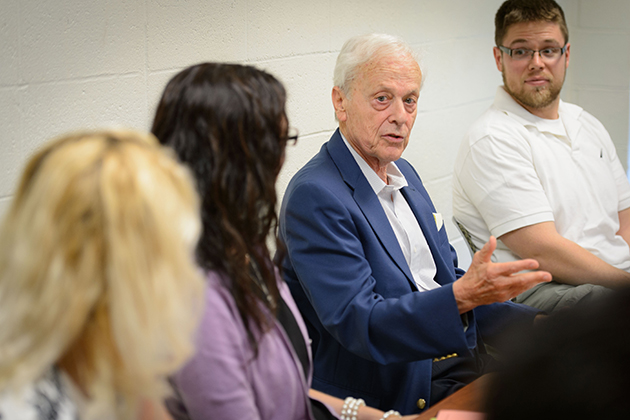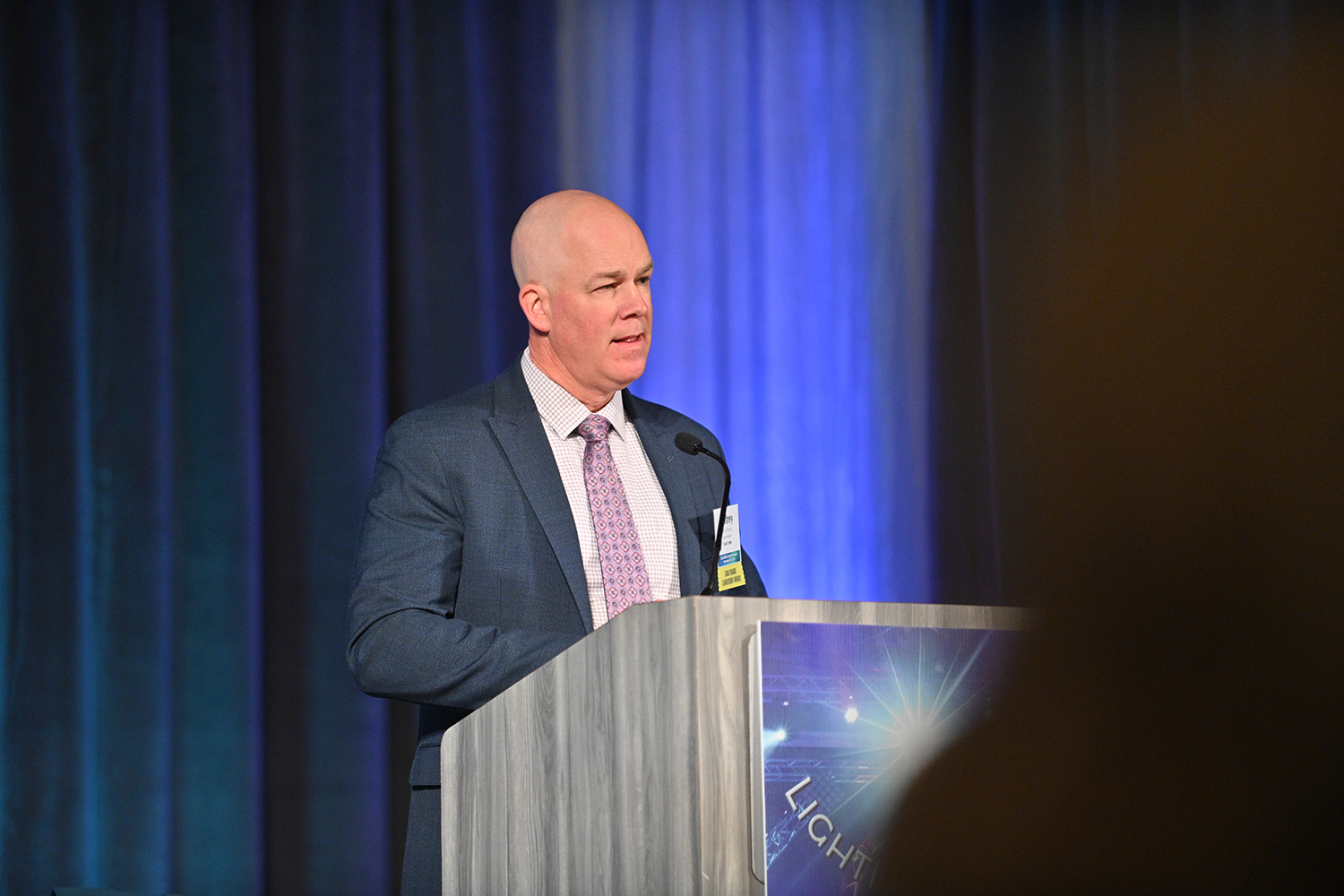
Social workers currently face growing demands for measurable behavioral outcomes, reflecting a shift in the profession toward “scientific” proof to demonstrate its effectiveness. While agreeing that practitioners should embrace strategies proven to be effective in helping people, Alex Gitterman, Zachs professor of social work and director of the doctoral program at UConn’s School of Social Work, disagrees with the so-called “evidence-based practice” approach, noting that deeply rooted social problems do not neatly lend themselves to empirically-based interventions.
UConn Today recently spoke with Gitterman about his advocacy for “evidence-guided” social work practice, in which research, theory, and accumulated practice wisdom receive equal weight and respect.
Q. Social work has struggled to prove itself worthy of professional identity, status, and respect. Why?
In society’s division of labor among professions, some – such as education, law, and police – are assigned the function of building a stronger and better-integrated society. Others such as medicine, psychiatry, and psychology are assigned the purpose of strengthening the individual. Social work is the only profession where both people and environments require equal attention. Its purpose is broad: to improve clients’ social and psychological functioning; to enhance the transactions between people and their environments; and to influence communities, organizations, and legislation to be more socially just. Social work relies heavily on principles drawn from medicine and science that provide certain credibility, but their application may have clouded the profession’s distinctive purpose to consider forces within and outside of the client as sources of problems and targets for intervention.
Q. Is the social work profession based primarily on science?
Evidence-based social work practice says specific interventions exist to solve most types of problems, and that practitioners can find and then use the most effective – the “best” –intervention. But focusing exclusively on measurable behavioral change in the real world ignores the struggles people experience in dealing with and surviving day-to-day life challenges, struggles that the social work profession is committed to addressing. The evidence-based approach assumes a linear relationship between research and practice, when in actuality the connections between theory, research, and practice are complex and often elusive. Our work takes place amidst poverty, unemployment, oppression,homelessness, racism, and community violence. Complex social problems such as these do not lend themselves to narrow interventions that are the foundation of evidence-based practice. The social work help process is rarely as linear and simple as the advocates of evidence-based practice suggest.
Q. How do you characterize the social work profession?
Social work can and should serve both client and community. In contrast to evidence-based practice, I advocate an “evidence-guided” approach in which interventions are suggested, rather than prescribed by research findings. Social workers must have autonomy and flexibility to improvise and to be spontaneous. The worlds of theory and research are logical, orderly, and sequential. In contrast, the lives of people are confusing, disorderly, and contemporaneous. The very act of finding connections among theory, research, and practice often requires a great deal of curiosity and creativity.
Q. Do you see a unique challenge to the social work profession?
We must be careful that evidence-based interventions do not translate into the “scientific management” of our clients. In the contemporary political context, the evidence-based practice movement sits too comfortably alongside managed care with its emphasis on financial accountability, rather than on responding to the needs of clients. As the profession becomes increasingly accountable for documenting positive outcomes, clients’ progress or lack of progress are attributed to the social workers’ skills or lack of skills. I encourage my students to hold on to their professional core. While they must represent their agencies, they must not become their agencies. Representing rather than becoming one’s agency is what differentiates a professional from a bureaucrat. When they become their agency, they become agents of social control.
Q. What should social work education do to better prepare students as practitioners?
It’s important for students to resist following a prescribed script. Research can inform practice; however the findings can only provide guidelines and not prescriptions. The task remains to turn available knowledge into skillful action. Students must feel empowered to integrate theoretical and empirical knowledge with their unique personal styles. After all, that is what makes a professional, a professional.


